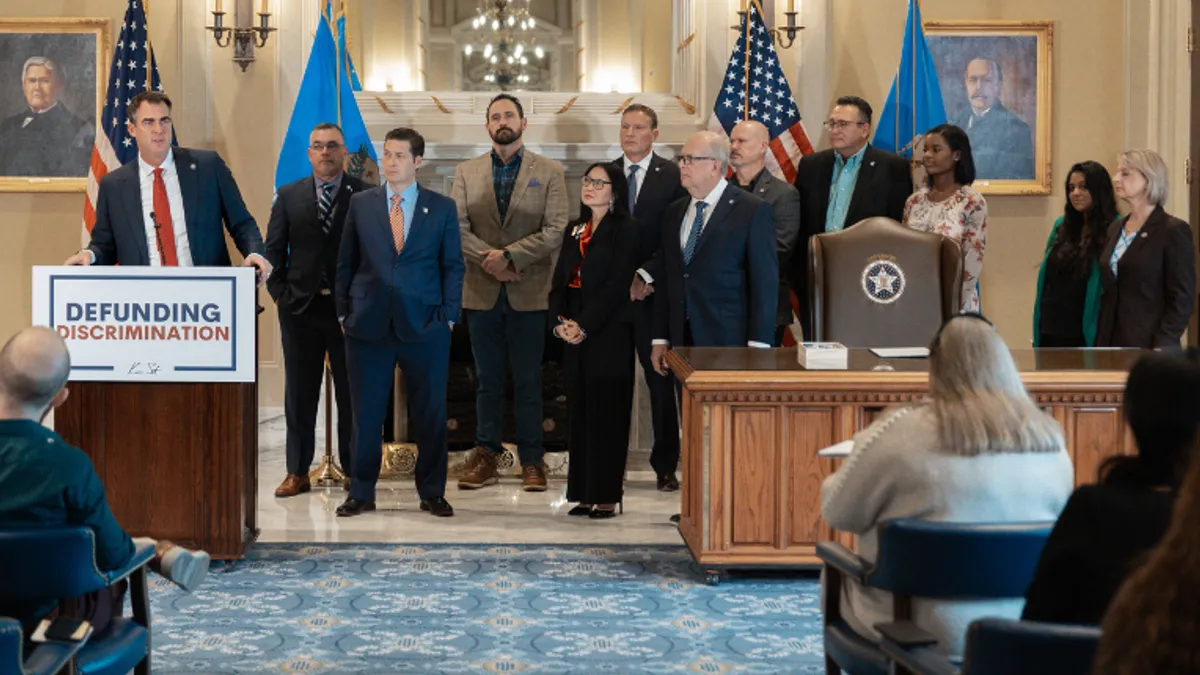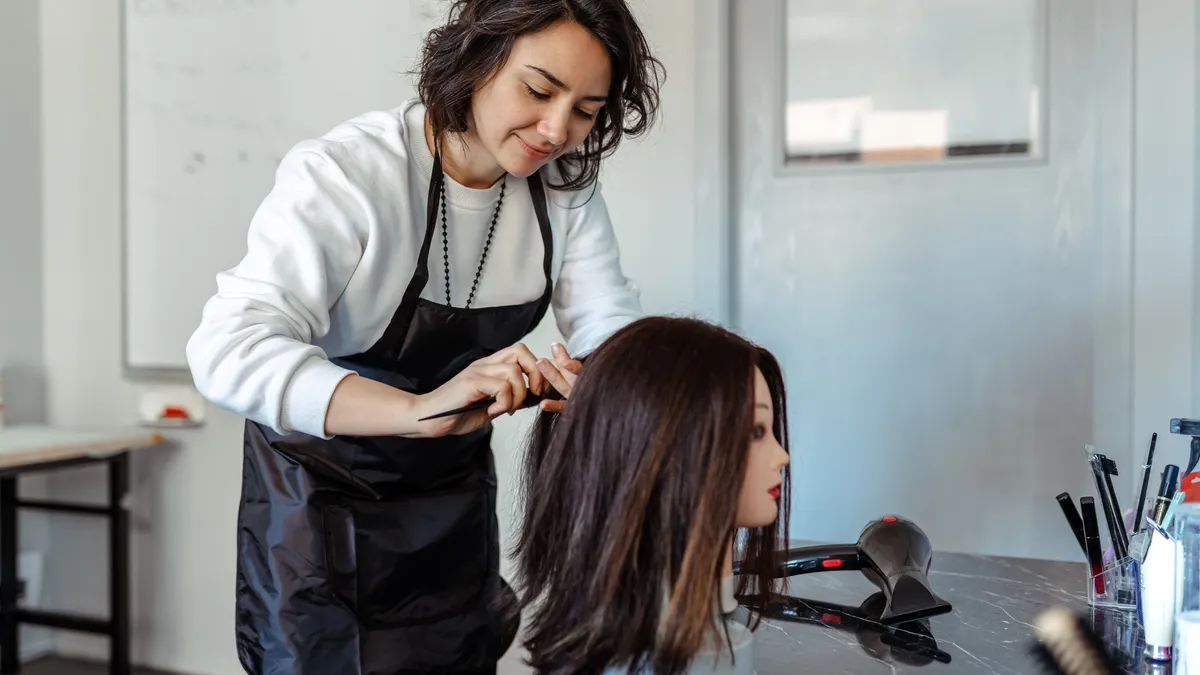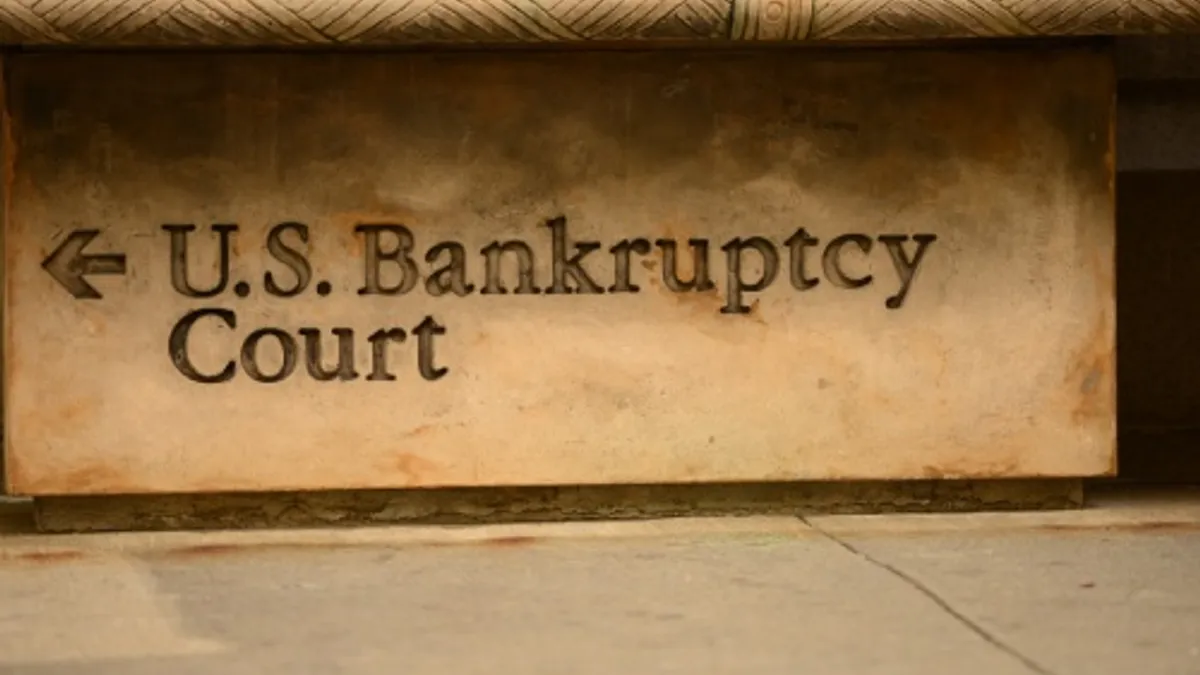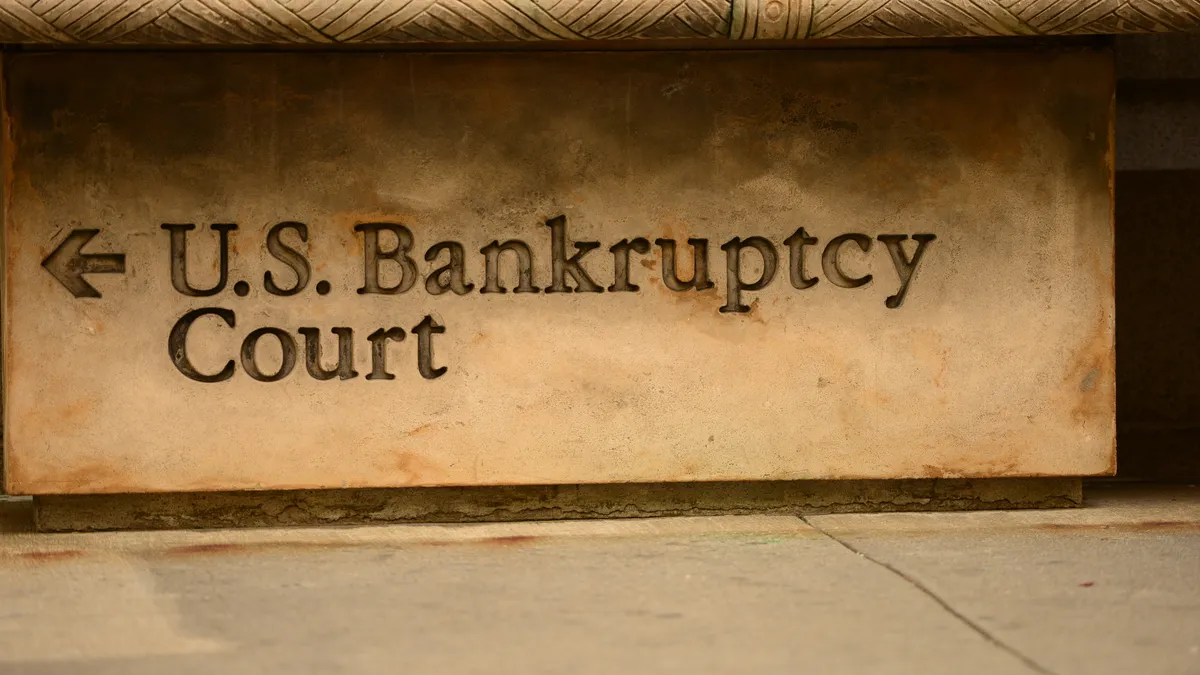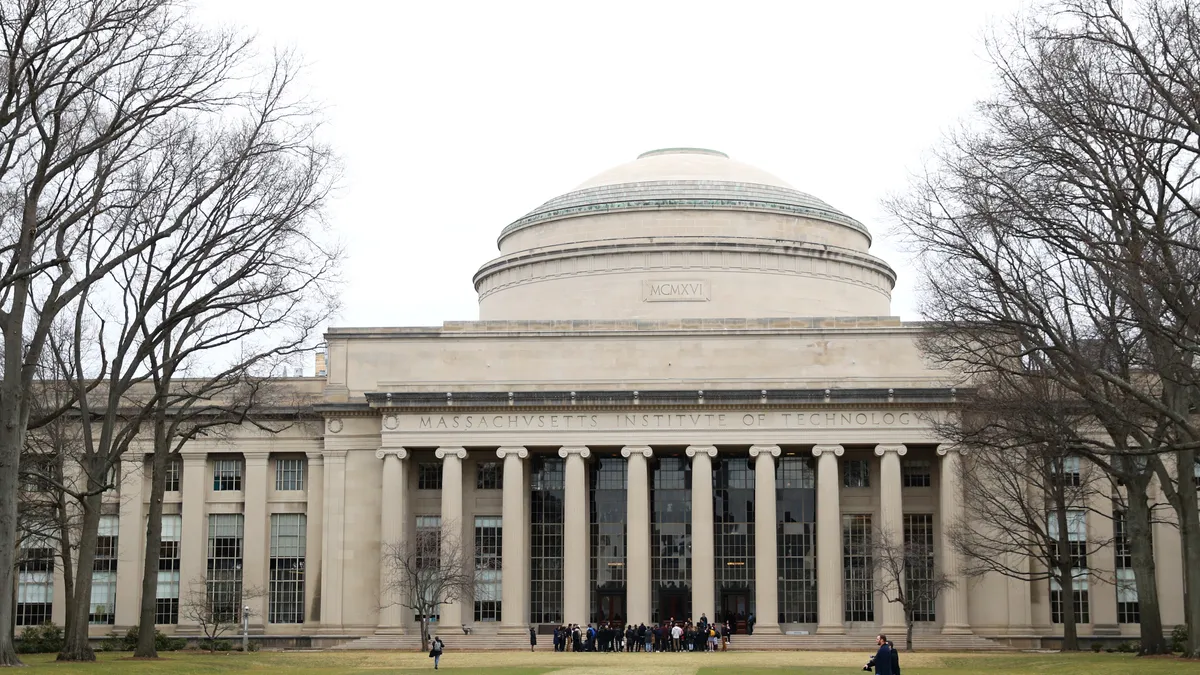Editor's note: Andrew Strauss is dean and professor at the University of Dayton School of Law, in Ohio.
If we are to promote a society where everyone feels enfranchised, and where rule of law is safeguarded, we must come up with ways to democratize access to legal education.
In the legal academy, we often forget just how hard it is to access legal education in the U.S. Unlike in almost all other countries, going to law school here requires an undergraduate diploma and then the ability to spend an additional two to three years in school.
Realistically, only a small sliver of Americans, those whose families have the means and foresight to put them on an educational track from a young age, are able to find their way to law school in their early 20s.
For those who settle on becoming a lawyer after they have taken on adult financial and familial responsibilities, the window has likely closed. Even part-time Juris Doctor degree programs typically extend over four years and require three to four nights a week, plus extensive study time, on top of lengthy commutes.
That is not to mention the significant percentage of the country's population that does not live within commuting distance of a law school. For example, there are no American Bar Association (ABA)-accredited law schools based in Alaska (though the Seattle University School of Law has a campus in Anchorage, and the University of Alaska Anchorage has partnerships with out-of-state law schools) and just one each in Montana, North Dakota, South Dakota, Delaware, Hawaii, Maine, Vermont, Nevada, New Mexico and Wyoming.
Online education can change all of this, giving students the flexibility to study in their own surroundings and on their own schedules. However, the study of law is online education's last frontier for the simple reason that the accreditor of law schools, the ABA, has not allowed online J.D. degrees.
Now, however, the ABA has granted the University of Dayton variances to proceed online. (The university is one of a handful of institutions to receive one.) We are recruiting for our first hybrid online class to begin in the fall of 2019. In our program, students will spend half of their time each week engaging with a pre-produced class when it is convenient for them and the other half in a live virtual classroom at a scheduled evening hour. Once a semester, students will come to campus for an intensive week of in-person, experiential learning
Some within the legal profession are concerned an online teaching model will sacrifice quality. The traditional Socratic method, where individual students are interrogated by professors before their peers, is considered by many in the legal profession to be a rite of passage, and it has a strong hold on the profession's macho self-image. The Socratic method, however, has a fundamental flaw. While it encourages understanding through active exploration of complex legal concepts, only one student at a time — often in very large classes — participates in the exercise.
By contrast, in our pre-produced classes, the professor turns to the camera every three to five minutes and says to the students studying remotely, "How would you answer that question?" The students then videotape or write their answers. Unlike the Socratic method, every student in every pre-produced class constantly engages with the material. Equally important, since the class is professionally produced by our technology partners at the company 2U, embedded graphical representations of course concepts help make the material more understandable.
When students then engage in the real-time virtual classroom with their professors and classmates, they are ready to explore the course material far more deeply than they would in a traditional classroom. All of this positions the students to apply the material to real life-like situations during the "Get REAL" (Relevant Experience and Applied Learning) weeklong simulations on campus.
"In the legal academy, we often forget just how hard it is to access legal education in the U.S."

Andy Strauss
Dean, University of Dayton School of Law
While we are early adopters of this model at the University of Dayton, as our society becomes increasingly digital, online legal education will in all likelihood continue to expand. This is not only good news for legal education, but this expansion also portends good news for justice in America.
Many Americans do not have access to quality lawyers at an affordable price. This is a particular problem in rural areas where lawyers, who are largely urban educated, do not tend to relocate. But as more rural Americans can become lawyers without ever leaving their communities, many will stay and provide much needed legal services to their neighbors.
While online education will not solve the access to justice problem by itself, at a time when some citizens of rural areas may feel left out of the American dream, online legal education will contribute to a healthier and more democratic society.




